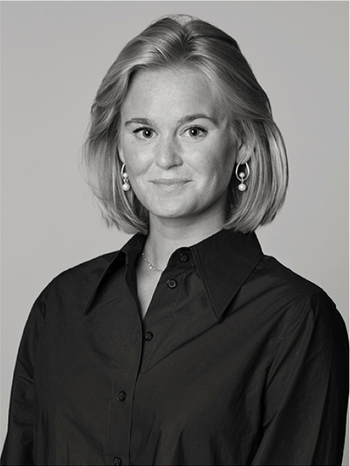Tadeusz Kantor
Untitled
Signed T. Kantor and dated IX 1958. Canvas 73 x 54 cm. A certificate of authenticity issued by Lech Stangret, Tadeusz Kantor Foundation, Poland is included with the lot.
Provenance
Director Theodor Ahrenberg's collection no 750.
Stockholms stads auktionsverk, 28 August 1963, cat. no 65.
Private Collection.
More information
Tadeusz Kantor is considered one of Poland's most significant visual artists, as well as a theater director and set designer in modern theater history.
Art and theater were closely intertwined for Kantor. In the initial years after World War II, his art was closely aligned with surrealism. However, during the 1950s, it evolved towards informal art, where colors were spread across the canvas to form abstract, dynamic patterns.
Inspired by American modern art, Kantor transitioned in the 1960s to creating assemblages, packages, and various happenings, executed as semi-spatial compositions where used objects such as envelopes, umbrellas, and bags were applied to the canvas, transforming the works into reliefs.
In 1957, Kantor co-founded the avant-garde group "The Krakow Group" with other Polish artists. They organized several exhibitions at the Krzysztofory Gallery, the most prominent contemporary gallery in Krakow at the time. These exhibitions are now considered highly significant in Poland's art history.
In 1958, he achieved international recognition with several exhibitions, including those in Paris, Basel, and the Konstsalongen Samlaren in Stockholm. In Sweden, Kantor was represented in the 1960s by Galerie Burén and later by Galleri Pierre. The current catalog entry from 1958 is a fine example of his energetically painted canvases, where the surface is fascinatingly filled with vibrant spots, lines, and colors.
His canvases are like a laboratory for ideas, an ongoing dialogue between tradition, the avant-garde, and the world. Kantor is considered as significant for Polish art as Andy Warhol has been for the American art scene.

















































